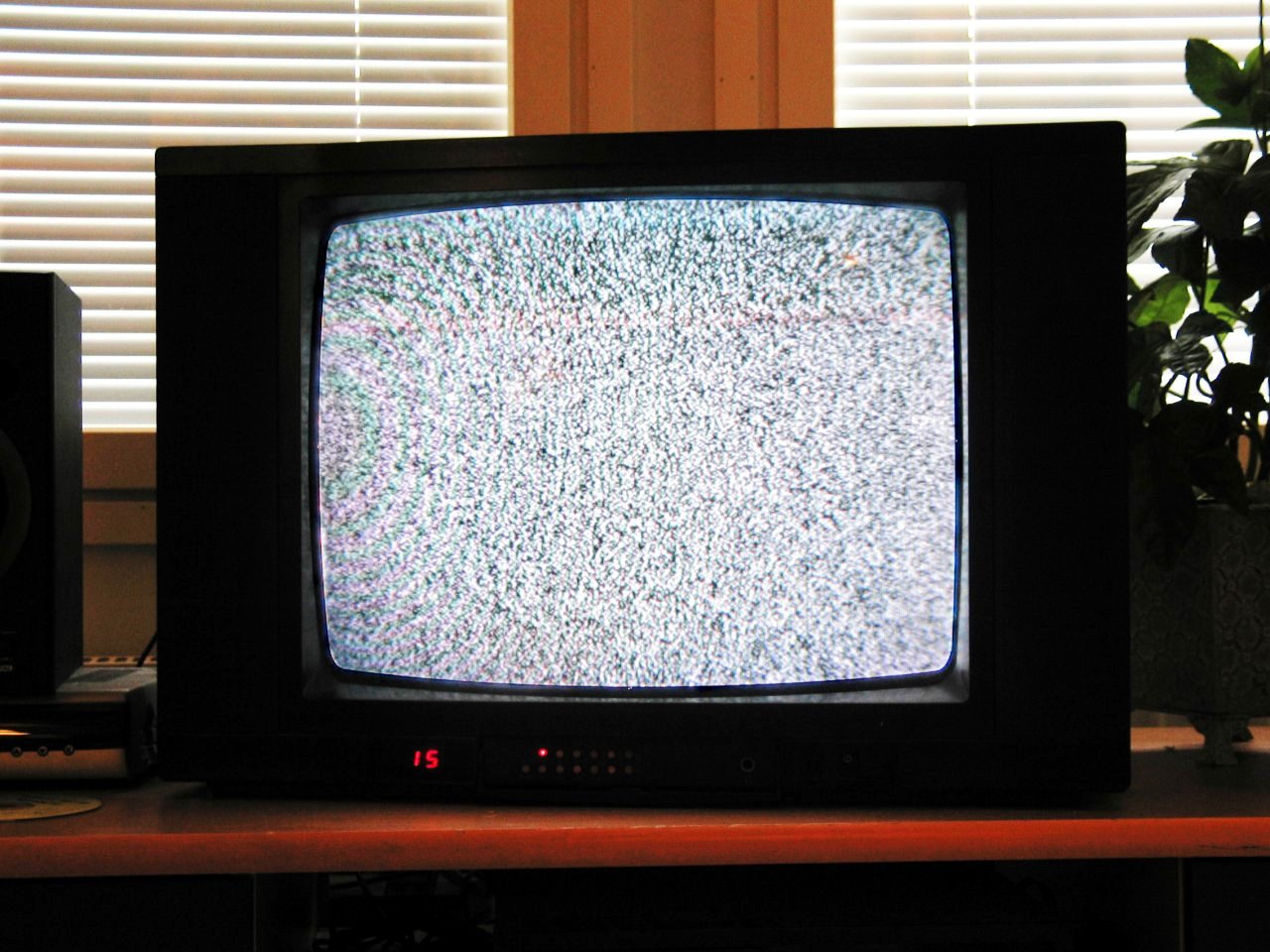FCC Moves Toward Retransmission-Consent Blackout Rebates
Vote on proposal splits down party lines

The smarter way to stay on top of the multichannel video marketplace. Sign up below.
You are now subscribed
Your newsletter sign-up was successful
The Federal Communications Commission has voted along party lines to proceed with its proposal to require cable and satellite pay TV providers to provide rebates to consumers for programming blacked out during retransmission consent-related disputes.
Democrats billed the move as a consumer-focused effort to preserve viewers’ access to programming they have paid for through their cable or satellite subscription, while Republicans called it a form of rate regulation and of using the FCC’s authority to regulate customer-service issues in a marketplace where viewers have plenty of video alternatives — notably streaming services — if they are unhappy with the way cable operators or broadcasters do business.
The FCC has approved a notice of proposed rulemaking (NPRM) on rebates, which means it is seeking comment on the proposal, after which it will decide whether — though more likely simply how — to implement the new rule.
Back in October, FCC chair Jessica Rosenworcel floated the proposal to put the onus on pay TV providers to inform the agency if a broadcast channel they carry has gone dark for an extended period due to a retransmission-consent impasse and to refund subscribers for those extended blackouts.
Her goal, she signaled, was to use the FCC’s power to put an end to blackouts.
The NPRM seeks comment on requiring MVPDs to notify viewers of any blackouts lasting more than 24 hours and mandating customer rebates for those interruptions. It seeks input on whether and how cable and satellite operators would provide the rebates, and whether to require pay TV providers to notify the FCC via an online public portal after a blackout has gone on for more than 24 hours.
Broadcasters argue that those blackouts are an unfortunate consequence of a marketplace negotiation in which pay TV distributors are reluctant to sufficiently compensate them for their high-value programming. Many MVPDs have countered that those blackouts are 1) the result of broadcaster bad-faith bargaining; 2) anti-consumer; and 3) not in the public interest, which broadcasters are licensed to serve.
The smarter way to stay on top of the multichannel video marketplace. Sign up below.
Cable operators are under no obligation to carry TV stations unless those broadcasters elect to forego any compensation in exchange for carriage under the FCC’s must-carry rules. Stations who believe their content is sufficiently valuable to warrant compensation can negotiate for payment, but if they can't get a deal they cannot then assert must-carry rights.
As a result, when TV stations and MVPDs fail to come to terms on retransmission fees, those stations can withhold their signals until a deal is struck. Sometimes those blackouts can last days or weeks. That often leads to viewer complaints, particularly when things like coverage of local pro or college sports teams are affected.
Though broadcasters say taking their signals down when a contract expires without a deal is part of that marketplace negotiation, Rosenworcel clearly sees it as an unfairly anti-consumer practice.
“Enough,” Rosenworcel said in a statement. “When consumers are saddled with a blackout like this, I think they deserve a refund. They should not be asked to shell out for programming that they were promised but are unable to watch. This rulemaking is about fairness."
Republican commissioner Nathan Simington, in his dissenting statement, said the FCC lacks the authority to impose the rebates and should not do so even if dies have the authority.
Simington argues that a rebate won’t save consumers any money because of how it changes — he would argue “distorts” — the marketplace dynamic.
Contributing editor John Eggerton has been an editor and/or writer on media regulation, legislation and policy for over four decades, including covering the FCC, FTC, Congress, the major media trade associations, and the federal courts. In addition to Multichannel News and Broadcasting + Cable, his work has appeared in Radio World, TV Technology, TV Fax, This Week in Consumer Electronics, Variety and the Encyclopedia Britannica.

